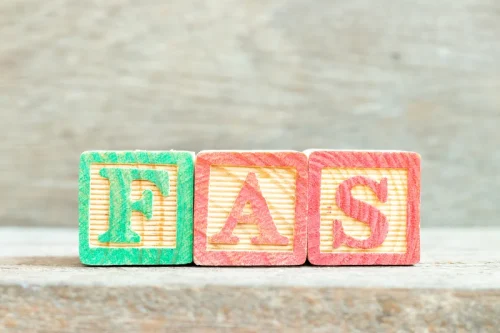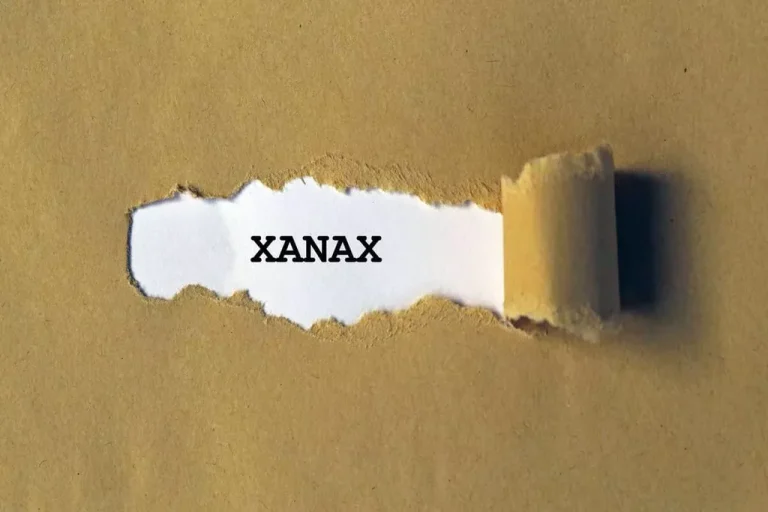Psychedelic and Dissociative Drugs National Institute on Drug Abuse NIDA

This includes psilocybin (aka Magic Mushrooms), Methylenedioxymethamphetamine (MDMA), Lysergic acid diethylamide (LSD), N,N-Dimethyltryptamine (DMT), Ayahuasca, Ibogaine, Peyote, 2C-B, Cannabis, and are psychedelics addictive others. Ketamine is also controlled under the same act and listed as a Schedule III drug. Due to the illegal or controlled nature of these drugs, it is not advised that you attempt to purchase, source, or otherwise possess any Scheduled substances, as you may be at risk of civil and criminal penalties. This research presents encouraging evidence for the use of psychedelics in the treatment of a range of health conditions.

Author & Researcher services
As previously mentioned, one significant, but rare, consequence of chronic use of psychedelic drugs is the development of a disorder known as hallucinogen-induced persistent perception disorder. This disorder occurs when individuals, who no longer use these drugs, experience flashbacks weeks, months, or even years after their last use. Flashbacks consist of experiences that typically occurred while under the influence of the drug, but they occur without actually taking the drug.
- It is typically recommended to have at least 10 events per predictor variable for multivariate logistic regression, although recent simulation studies suggest as few as 5 events per predictor variable is sufficient 27.
- Six months afterward, about 80 percent of the patients were still less clinically depressed and anxious than before the treatment.
- However, regulated treatments are currently experimental and not accessible to many people.
- Therapists help patients revisit past events and emotions that have been problematic.
- The classical serotonergic psychedelics are not known to cause damage to the brain or other organs of the body, or cause withdrawal symptoms, elicit addiction or compulsive use 3, or cause birth defects or genetic damage 6.
- The FDA has also granted Breakthrough Therapy designation for two formulations of psilocybin being studied as potential medical treatments for depression.
Tolerance and Addiction

Note, however, that people with first-episode psychosis often have no apparent family or personal history of mental illness, whether or not if they have previously used psychedelics 41. 5) Because of the striking subjective effects of psychedelics, some people attribute psychiatric symptoms to the use of psychedelics even if the symptoms started months or years later. 6) Some health professionals may have a biased view since they meet people with mental health problems and have little or no contact with the majority of psychedelic https://ecosoberhouse.com/article/how-long-does-alcohol-stay-in-your-system-blood-and-urine/ users. 7) Caution should be used when generalizing from LSD to other psychedelics because of emerging evidence of unique effects of LSD 56. 8) Case reports of mental health problems following psychedelics are often comparable to case reports of mental health problems linked to intensive meditation 57–61, visiting holy sites 62, 63, or viewing beautiful artwork and sublime natural scenes 64.
Source, Population and Data

Despite their general safety, psychedelics pose a number of risks and dangers, which increase with higher dosages. As psychedelics can produce euphoria and a feeling of detachment from the surroundings, some people use them recreationally to reduce feelings of stress. This means that a person has to take larger dosages to receive the same effect. A 2021 study describes psychedelics as serotonergic hallucinogens, which are agonists of serotonergic 5-HT2A receptors.
We did not find use of psychedelics to be an independent risk factor for mental health problems. Given the worsening mental-health crisis, and a lack of innovation in psychopharmacology, it is urgent that the US Congress make funds available for psychedelics research, which is currently sustained mainly by corporate and private donors. As with cannabis regulation, there will be challenges and opportunities when a medical model is introduced over a preexisting less-regulated model.
- The bill also makes possession of psilocybin without a valid prescription a Class 2 misdemeanor punishable by no longer than 30 days in jail and no more than a $500 fine, either or both.
- Psychedelic drugs are non-addictive and have few negative cognitive effects.
- This, however, is a good problem for the medico-legal community to face, compared with the status quo, in which the answer is firmly ‘just say no’.
- 251-NBOMe is a synthetic substance originally developed by neuroscience researchers.
- Additionally, more than 85 percent of the subjects rated their psilocybin trip as one of the five most meaningful and spiritually significant experiences of their lives.
